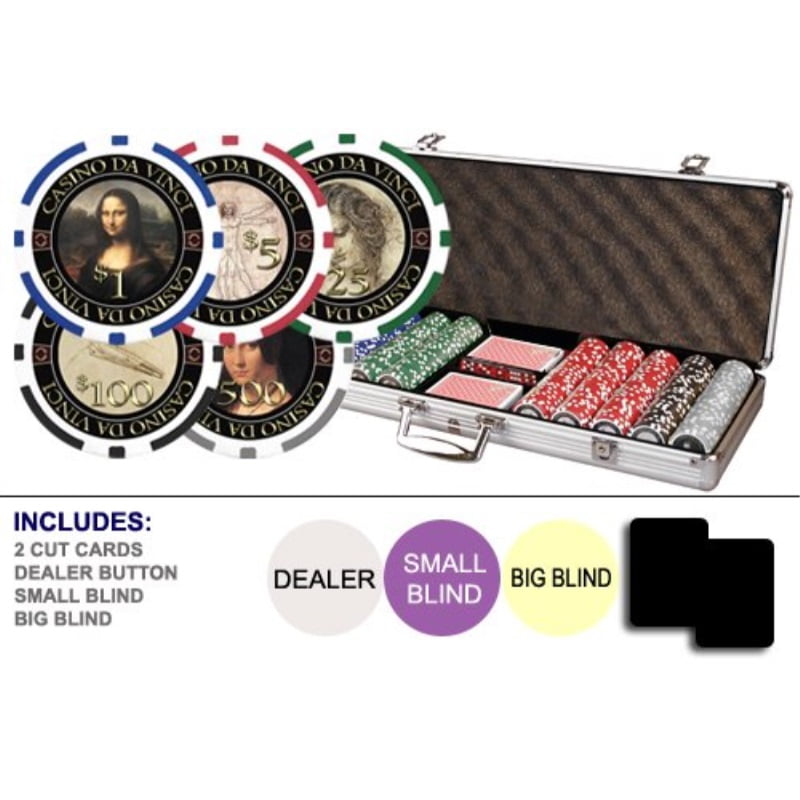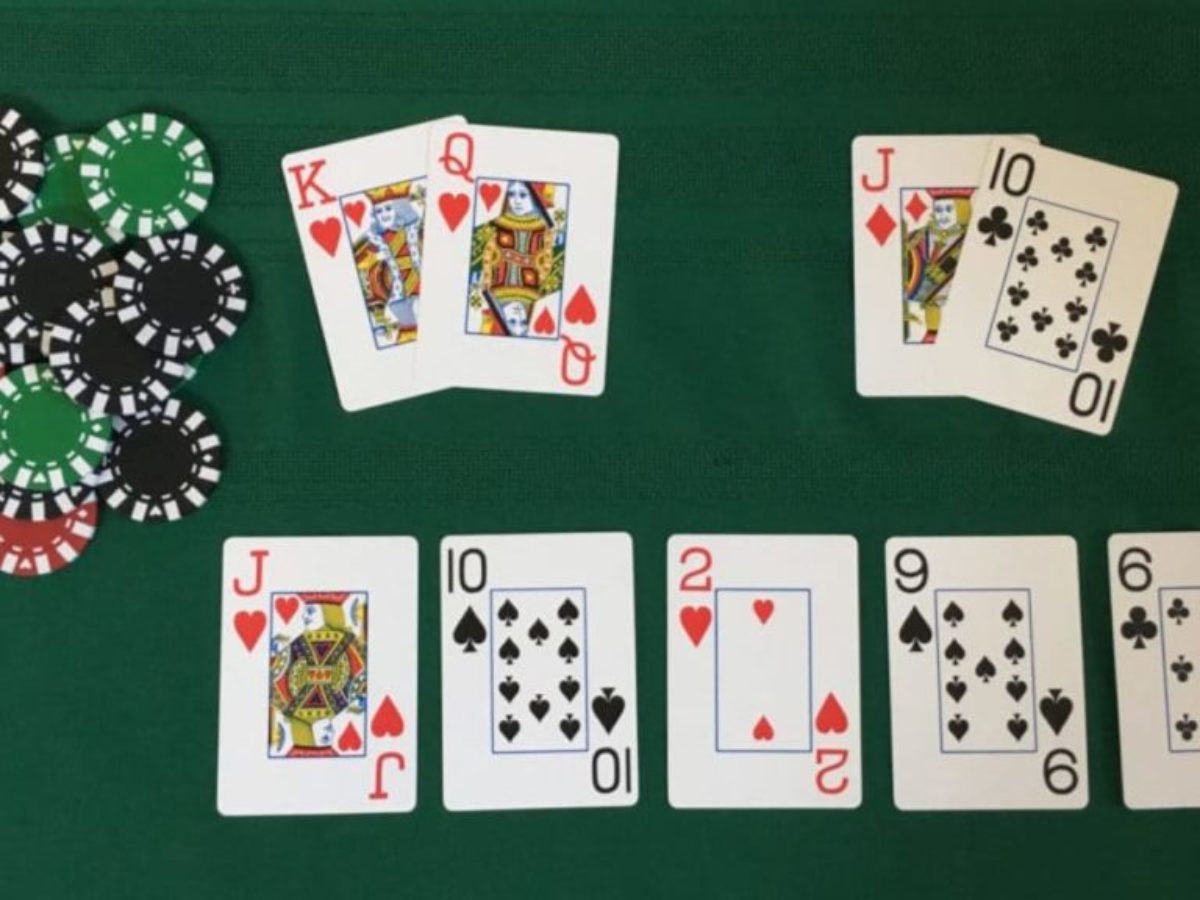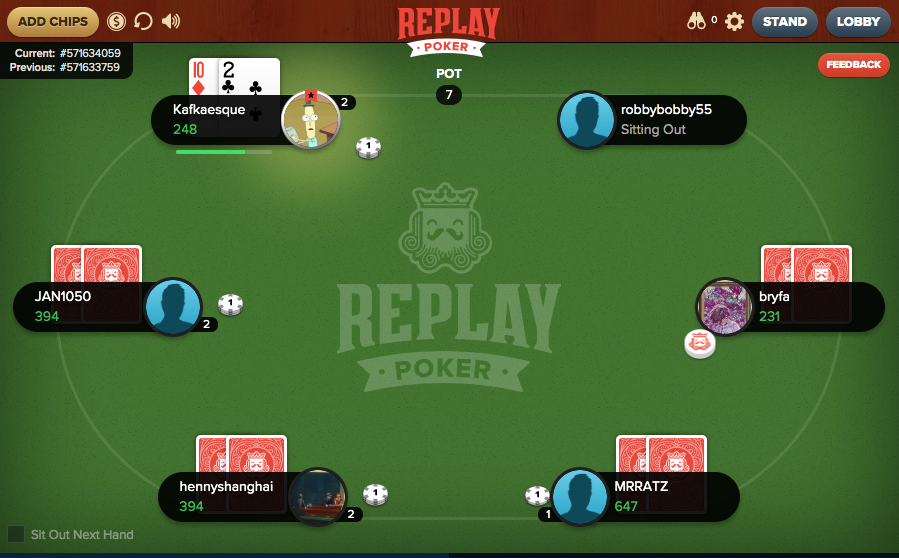Texas Holdem Dealer Big Blind
- Blinds In Texas Holdem Poker
- Texas Holdem Dealer Big Blind Bracket
- Texas Holdem Small Blind
- Texas Holdem Blind Schedule
- Texas Holdem Blinds
Is it allowed to join a Texas Hold'em table as the Dealer, the Small Blind or the Big Blind? If it is, are there any rules to avoid players having to pay the blinds twice? This is a dealer button, little blind button and big blind button for Texas Hold em Poker. These are larger sized buttons each measuring in at a 2?? The little and big blind buttons are a vivid blue and yellow color. These buttons are casino regulation size.
Mark Poker Articles, Poker Rules
This article is a part of the Poker Rules series.
Step 3: The Texas Hold’em No Limit Gameplay:
In my previous post in this series I described the different Texas Hold’em hands and how they rank against each other. We are now ready to move on to the actual Texas Hold’em game and how it’s played. In Texas Hold’em two players – the Big Blind and the Small Blind – are required to place bets (known as blinds) in the pot (the amount of money to be won in any single completed hand) before any cards are dealt. This means that in Texas Hold’em there will always be money to win in a hand. The dealer button rotates clockwise after each completed hand, and is used to represent the player holding the dealer position. The position of the dealer button also determines the position of the Big and Small Blind as the Small Blind is the player to the immediate left of the dealer and the Big Blind is the player to the left of the Small Blind (see the figure below). In online poker you don’t have to worry about the position of the dealer and Big and Small Blinds since this is all taken care of automatically by the poker software.
A Texas Hold’em hand begins with the dealer dealing one card face down in a clockwise manner to all the players at the table starting with the player to the immediate left of the Big Blind. Then the dealer deals one more card to each player in the same way.
When all players have two face down cards (known as hole or pocket cards) the first betting round (also known as the preflop betting round) begins, starting with the player to the immediate left of the Big Blind and continuing clockwise around the table. In No Limit Hold’Em the smallest possible bet is the same size as the Big Blind; there is no upper limit to bets. When it’s your turn to bet and you are not the Big Blind you have 3 options: Call, Raise or Fold.
- By calling you bet the same amount as the biggest bet made by the players acting before you.
- By raising you call the biggest bet made by the players acting before you and then place an additional bet over the top.
- By folding you choose not to continue playing your pocket cards, and you will be out of the game until the next hand starts.
When you are the Big Blind in the first betting round and nobody has made a bet larger than you big blind you can choose to Check, Raise or Fold. By checking you simply pass on the turn to the next player without making any bet. This is possible since you have already paid the Big Blind into the pot.
When the big blind has completed his/hers turn, the first three community cards – known as the flop- are dealt face up in the middle of the table. The second betting round then starts with the first player to the left of the dealer who is still playing the hand and continues clockwise. The second betting round ends with the dealer.
The next and 4th community card – known as the turn or the 4th street – is dealt face up and a third betting round follows in the same manner as the second betting round.
Finally the 5th and last community card – known as the river or the 5th street – is dealt face up and a fourth betting round follows in the same manner as the second and third betting rounds. If a player bets during the fourth betting round and all the other players remaining fold then he or she wins the pot without having to show his/hers pocket cards. If one or more players call then a showdown, where all remaining players reveal their pocket cards, determines the winner of the pot according to the hand ranking scheme I described earlier. So there you have it, the Texas Hold’em No Limit gameplay in all its simplicity. There are a couple of extra subtle details regarding special circumstances that may occur during the game, but I will go more into detail with these later.
My next post in this series will deal with choosing which starting hands to play depending on which position you are in relative to the dealer button.
This post belong to the following series:
You could be posting your articles on the Poker Bankroll Blog. Read all about it here.
Similar Posts:
Leave a comment
Special promotions
Poker Pro Bankroll Series
Latest Poker Strategy Articles
Contact PokerBankrollBlog
Just when you thought you had a decent grasp of the poker basics, Texas Hold’em came along with its intimidating terminology, multi-million-dollar tournaments, and poker rock stars. Forget about the odds of getting a royal flush and learn the main jargon and poker slang being slung.
Added bonus: learning poker slang is a great way to learn the game as well.
This is by no means a comprehensive list of every wacky word on the lips of the latest litter of poker cowpokes on the circuit. But as a good starting point for the Texas Hold’em beginner, consider this your poker primer.
Essential Hold’em Terms
Texas Hold’em has a stable full of wild and wooly terms, but before we take the bull by the horns, let’s start with the essential poker terms you need to know to navigate the Hold’em table, whether you’re playing in a land-based casino or at an online casino poker tournament. Ante up!
ALL-IN
When you bet all your remaining chips on a single hand of cards. You either have some really unbeatable cards (like four aces or a straight flush) or you’re just trying to scare the other players into folding.


BLINDS
In Texas Hold’em, the ante consists of two blinds, the big blind and the small blind. These rotating antes will hit everyone eventually. The small blind is the first player to the left of the dealer, and the big blind is the next seat farther left. The big blind is double the amount of the small blind.
BLUFF
Probably the most exciting aspect of poker: the bluff. Very skilled poker players can hide their TELL, put on their best poker face, and drop a huge raise with a crap hand (i.e. a pair of 2s). If everyone folds, the bluff has succeeded. But be careful: someone may call your bluff. Use with caution.
COMMUNITY CARDS
Texas Hold’em is a community poker game, where players make their poker hands from 2 private cards (hole cards) and five community cards which are shared by all players. Community cards are dealt face up in turns: the flop, the turn, and the river, with rounds of betting before and after each turn. Players must make the best possible 5-card poker hand from the seven total cards.
DEALER BUTTON
The plastic disc used to indicate the dealer. The button is passed clockwise after every hand of Hold’em, which also advances the blinds. The dealer rotation maintains fairness at the table, as certain player positions have advantages over others. Players in a ‘late position’ have more information to make better decisions than players in an ‘early position.’ Player position runs clockwise from the dealer.
FLOP
The initial 3 cards dealt face up in the community card area (table center) in a game of Hold’em after the 1st round of betting (pre-flop bets). The flop is followed by another round of betting and 2 more single-card deals (the TURN and the RIVER).
HOLE CARDS
The 2 private cards dealt face down to each player, which are combined with the community cards to make a poker hand. Players place their first bets based on these 2 cards. The hole is also called the pocket.
RIVER
The river is the 5th card dealt in the community cards row in a Texas Hold’em match. It is the final card dealt in the round, and players win or lose after the final bets are in.
SHOWDOWN
After the final round of betting ends, players turn their cards face up to determine the winner. A showdown occurs if two or more players have called or gone all-in during the final betting round.
TELL
A physical ‘tick’ or other sign communicated in ‘body English’ that signals how strong or weak a player’s poker hand is. Pro players hide their own tells, while they can often read the tells of weaker players. A good example of a poker tell is the character Teddy ‘KGB’ in the poker-related film ‘Rounders.’ Whenever KGB (John Malkovich) splits an Oreo cookie and listens to it, he is bluffing; if he eats the cookie, he is about to wipe the table with you.
TURN
The 4th community card dealt face-up in a game of Hold’em. It follows the initial 3-card deal (the flop), and signals a new round of bets.
Hold’em Slang for the Seasoned Player
If you’ve just scored a pair of fish hooks and are about to knock a fish back into the muck, you’re probably sitting at a table at the WSOP with some seasoned Hold’em players. Hold onto your hats, cowboys, we’re about to leave the dusty trail behind and dive deep into the territory of fish, sharks, and whales.
COWBOYS
Poker slang for pocket Kings, the 2nd best starting hand in Hold’em.
DEAD MAN’S HAND
Some poker hands are legendary. They bear the name of the player who made them famous, and thus became forever etched in the poker lexicon. When Wild West legend and pro poker player Wild Bill Hickok was shot dead while playing a hand of poker, the cards found in the dead man’s hand consisted of two pairs: 8s and aces.
DOYLE BRUNSON HAND
The ‘Doyle Brunson’ is a starting hand of 10 and 2, made famous by the man himself. Against impossible odds, Brunson won the WSOP main event in 1976 with this seemingly weak hand, simply by a twist of fate (he got a full house from the turn and the river). In 1977, he won the main event again—with the exact same starting hand. Since then, the 10-2 hand is known as the Doyle Brunson.
FISH
A newbie or a weaker player at the poker table. But if you’re new to the game, don’t worry about the card sharks, they’re probably looking for bigger fish to fry (see WHALE).
FISH HOOKS

A nickname for 2 pocket jacks, one of the strongest starting hands in Hold’em.

GUTSHOT
Another term for an inside straight, which can only be completed by a single card in the middle of a series. If your hole cards were a 7 and 8, and the flop shows a 10 and a jack, only a 9 would complete your straight. You are half as likely to hit a gutshot as an outside straight, which completes your straight from either end (i.e. you had 7-8 and the flop shows 9-10; you then need a 6 or a jack instead of a 9).
MUCK
The stack of discarded cards in a round of poker. A player tosses his cards ‘into the muck’ when he folds.
Blinds In Texas Holdem Poker
NUTS
The best possible hand a player can have at any given moment. If you have 2 jacks in the hole, and the flop shows jack-8-3, your trip jacks would make the best possible hand. Congratulations, you have the “nuts!” However, if the turn and the river add 2 aces to the mix, anyone with an ace in the hole would beat your trip jacks with trip aces, giving them the nuts.
POCKET ROCKETS
A pair of aces in the hole (pocket), and the best possible starting hand in Hold’em.
ROCK
Texas Holdem Dealer Big Blind Bracket
A ‘tight’ player who sits round after round without betting for the pot. When the rock suddenly enters with a big bet for the pot, they probably have a really good hand.
WHALE
Texas Holdem Small Blind
Like a fish – only with a much bigger wallet. A player whose bankroll is much larger than their knowledge of the game of Hold’em. Card sharks love to swarm on whales and reduce them to bones.
WSOP
The World Series of Poker is the biggest poker tournament in the world and the poker mecca for professional and amateur poker players alike. The main event of the WSOP is a final round of no limit Texas Hold’em, with blinds of $100,000/$200,000 or more, and millions in prize money. In addition to fat wads of cash, winners go home with some serious poker bling: the coveted WSOP gold bracelet. 2019 marks the 50th anniversary of the WSOP in its Las Vegas home.
So now you have a pretty good starting point to help you navigate the poker tables without a translator. Texas Hold’em may have started in the dusty back rooms of small Texas towns in the 1930s, but it has come a long way. From the early days of the first Hold’em matches held in Vegas at Binion’s Horseshoe to the main event of the WSOP (started by Mr. Binion himself), the rich vernacular of the poker player continues to grow.
Texas Holdem Blind Schedule
Just how many of these poker terms originated with the original Texas Road Gamblers (Doyle Brunson, Sailor Roberts, and Amarillo Slim) and how many were added later, we may never know.
Texas Holdem Blinds
But now you talk the talk. Do you walk the walk?